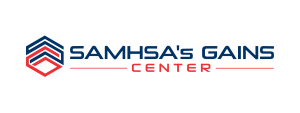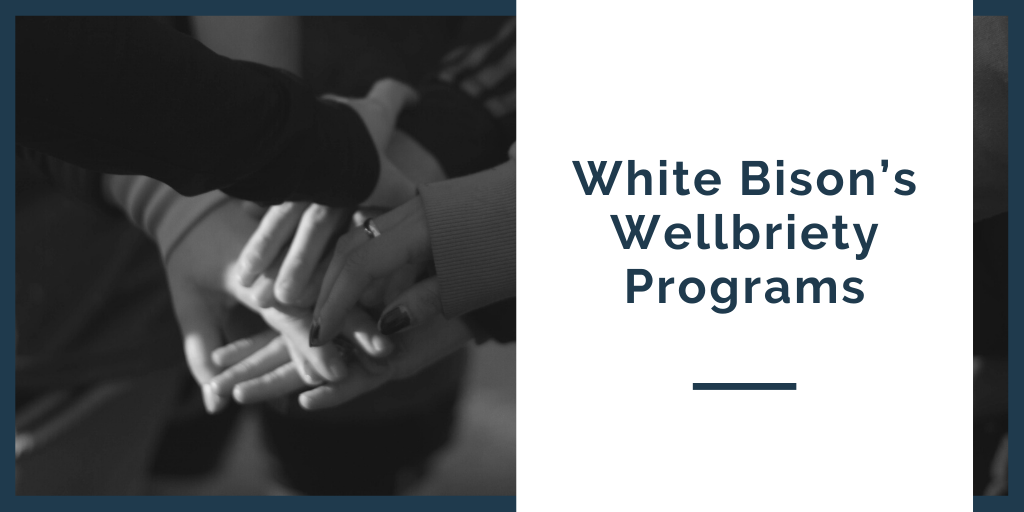
Significant public health problems among America’s Native American population, including higher rates of substance use among Native American youth than among non-Native youth and increasing suicide rates among Native American women, are just symptoms of a larger problem, according to Kateri Coyhis, Director of White Bison’s Wellbriety Training Institute. Intergenerational trauma, dating to the imposition of Indian boarding schools beginning in the 1800s, are at the root of much of what plagues Indigenous peoples today, Coyhis believes.
“There was a really big breakdown of our culture, our language, and our traditions during the time of the boarding schools,” Coyhis says. Indigenous children and youth taken from their homes and communities were given English names, forced to learn a different religion, and forbidden from practicing their traditional ways. Today, White Bison, through its Wellbriety programs, helps individuals in the community and those returning from incarceration or treatment to reconnect with their traditions to promote recovery from trauma, substance use, and mental health problems. “Wellbriety is about whole-person wellness, and it means to be balanced mentally, physically, spiritually, and emotionally,” Coyhis explains. “It’s about living a sober lifestyle but being connected to traditional principles, values, and natural laws.”
Founded in 1988 with a focus on youth, White Bison today offers a wide range of programming for adult and youth treatment and recovery, family wellness, healthy parenting, healing from grief and trauma, and reentry programs for people returning from incarceration or treatment. Each of its programs incorporates a core set of traditional teachings that have been passed down for generations, but each Tribe can incorporate its own language, ceremonies, and traditions into the programs, Coyhis notes.
White Bison’s program for men and women returning from incarceration or treatment is called Warrior Down, which refers to a cry used to signify that a warrior has been wounded or incapacitated in some way and needs help. According to a report from the Bureau of Justice Statistics, nearly 39 percent of American Indian/Alaska Native people who are released from a federal prison return within three years. Warrior Down is a peer-led program that provides recovery support in the prison setting; recidivism prevention; and reconnection to families, cultural traditions, and communities upon release. Initial success rates for the program, launched in 2005 as a pilot project for men, showed that 80 percent of participants maintained sobriety and avoided additional or new criminal activity.
White Bison is also working with several women’s prisons in the United States and one in Canada offering four programs for women. They include the Medicine Wheel and 12-Steps for Women Program, Mending Broken Hearts (healing from grief and trauma), Mothers of Tradition, and the Warrior Down program. The programs are run by a combination of volunteers, prison staff, community members, and, if allowed, prison inmates. Program participants are asked to make a commitment to help stem the flow of Indigenous people into the prison system when they are released.
“Recovery is not just about staying sober,” Coyhis says. “It’s about experiencing life through new eyes, new ways of thinking, new behaviors, and new responses.” It’s about finding a supportive community. She speaks from experience. In long-term recovery herself, Coyhis relates, “When I got sober, the people I thought were my friends, when they found out I wasn’t going to be doing those things anymore, they didn’t want to be connected to me.” She credits White Bison and Wellbriety with saving her life.
Coyhis believes all recovery programs are valuable, but she recognizes the ability of White Bison’s Wellbriety programs with being able to reawaken ancestral teachings and traditions of Indigenous peoples. All of its programs can be adapted to meet the need of specific Tribes. Coyhis speaks about the need to create a “healing forest,” replacing the layers of anger, guilt, shame, and fear that underlie unhealthy behaviors with forgiveness, healing, unity, and hope. White Bison’s efforts are far-reaching, she notes. “Our goal is to start with the individual, then work toward healing the family, the community, and the nation.”
Like what you’ve read? Sign up to receive the monthly GAINS eNews!


